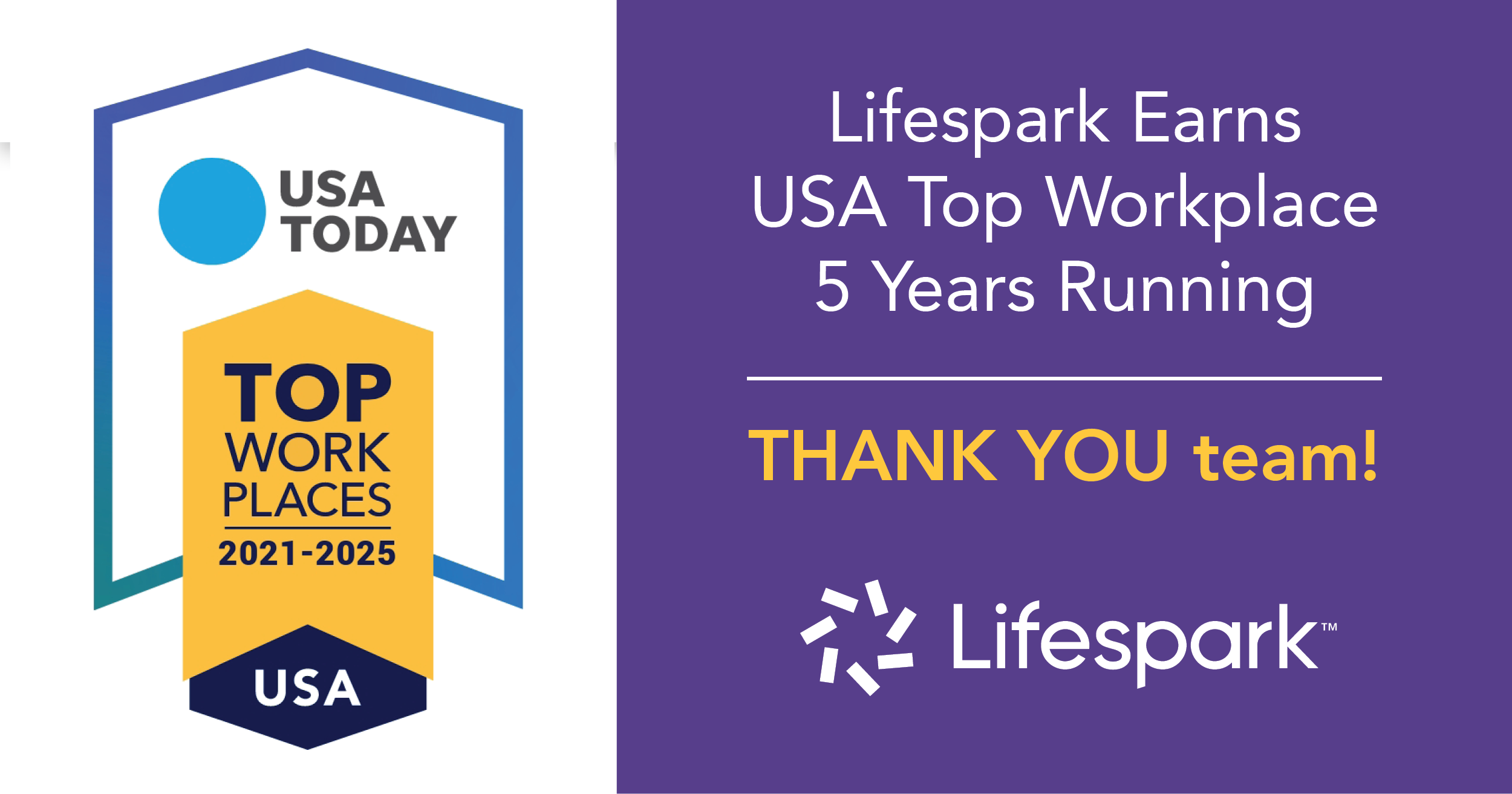
The headlines about the current and escalating caregiver shortage are everywhere. Even the Minneapolis Star Tribune featured an article on the crisis. But the real question is: what impact is this crisis having on your clients . . . especially when they need care at home?
As a professional you may regularly get bombarded with promotions for many different in-home care providers whether you are in a city like Minneapolis or a small town. You may even have a few with whom you regularly work. But if you haven’t asked them the caregiver question, you may be putting your clients at risk of frustration or worse, re-hospitalization and other health complications.
Ask your providers: how are you handling the caregiver crisis? And then check further on these points:
- What happens when a scheduled caregiver is sick or doesn’t show up: Low rates for home caregiving won’t matter if the provider can’t fill the shift. Check whether the provider offers a guarantee that no shift goes unfilled. It can save your clients tremendous headache.
- What are the service rates: We all worry about the cost of care for our clients and their families. However, low rates may mean low pay for caregivers and that translates into greater turnover of caregivers and that can end up costing clients and families significantly more – in missed time at work, constant need to put out fires, and even risks for health complications.
- What’s the provider’s caregiver turnover rate: Some providers have upwards of 100% caregiver turnover. That is tremendous churn in the personnel who are caring for your clients. It is difficult to provide consistent care, or even perhaps competent care, with turnover that high. According to the 2015 Private-Duty Benchmarking Study, the median national turnover rate for caregivers was 61.6%, however, a significant number of the survey respondents had turnovers over 100%.
- What’s the workplace culture like: Culture may not seem like it matters, but it does. A top workplace attracts and retains top talent. People want to work for a company that cares about them, that listens and pays attention to their needs, and that enables them to work to their top potential. Look for proof of the workplace culture through provider participation in benchmarking studies, industry awards, and employee satisfaction scores.
- What’s the recruitment, training and on-boarding process: Check how creative and thorough your provider is being in seeking out the right talent, and then effectively screening to choose only the top candidates. One question to ask is how many caregiver candidates does the provider turn down? It can be a good indicator of how selective their recruitment process is. Ask about their on-boarding process and whether there is any mentoring or other additional coaching that occurs beyond the required nursing supervision.
- What’s the level of care coordination: All providers offer caregiver supervision, but an increasing body of research points to the need for a higher level of ongoing care management – a professional who can help trouble-shoot any situation that arises, significantly decreasing the burden on the family. In addition, care management may replace some of the need for caregiving hours, and by preventing future crises can work to reduce the need for caregiving over time.
The shortage of caregivers is only going to accelerate in the years ahead, but it has already started to impact your clients. Give your clients the best start at home by ensuring that the resources you’re recommending not only address but are mastering the caregiver crisis.



